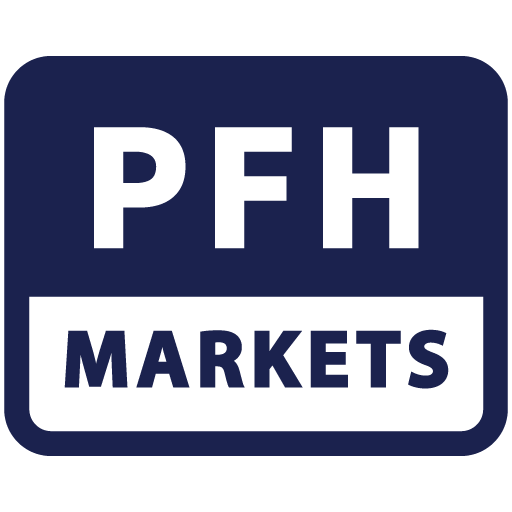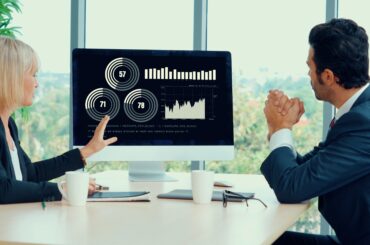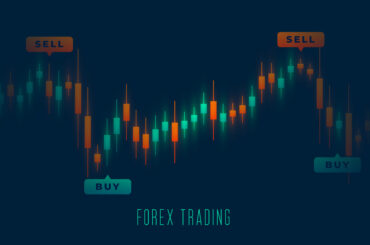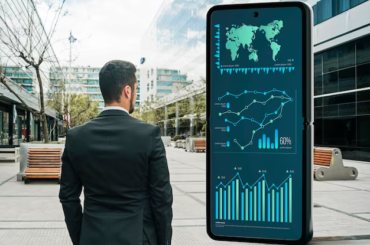Before the Internet, currency trading was difficult for individual traders. As currency trading requires a lot of capital, it was limited to hedge funds, multinational corporations, and individuals with high net worth. But today, with technological advancements, a retail market for currency trading has emerged to focus on individual traders and provide them easy access to the forex market through banks or brokers. Online brokers offer high leverage to individual traders. The forex market has several participants in Forex Market. Some of the major types of traders and institutions are listed below:
1. Commercial & Investment Banks:

Commercial and investment banks laid down the foundation for the forex market. These banks started providing foreign currency exchange as an added service to expand their range of services. The highest volume of currency is traded in interbank markets. The interbank market involves trading all types of currencies among different sizes of banks. The dealing desk of each bank is responsible for order processing, market-making, and risk management. It also plays a crucial role in profit-making by currency trading via hedging, arbitrage, or financial strategies. Deutsche Bank, HSBC, Merrill Lynch, and Barclays are the few banks actively involved in forex trading.
2. Central Banks:

Central banks of all countries also participate in the forex market. Participation can be official or covert means because central banks have a fixed range within which they would like to see their currency fluctuate. To maintain the exchange rate of their currencies within the desired range and for smooth fluctuation of currency within the range, Central Banks often intervene in the forex market. Central banks hold reserves i.e. foreign currency deposits that are used in dealing with foreign-related policies. Central banks keep the value of their currency high by spending large reserves of foreign currency.
3. Businesses & Corporations:

Businesses and corporations also participate in the forex market, but they don’t possess the power to set the currency prices like the market makers. They can only buy and sell currency following the prevailing exchange rate. Commercial traders are compelled by the nature of their business and use financial markets to offset risk and hedge their operations. On the other hand, non-commercial traders are considered speculators and involve institutional investors, hedge funds, etc.
4. Fund Managers & Hedge Funds:

This category of participants makes up the second largest players in the forex market. They are transnational and home country money managers with a large portfolio of investment funds. The main focus is on earning profits and growing their portfolio. The benefits of hedge funds involve a low cost of creating an investment environment, leverage, liquidity, etc. Fund managers invest on behalf of their clients such as individuals, governments, pension funds, and the central bank authorities. They can also execute speculative currency trades.
5. Forex Brokers:

Brokers, in the forex market, basically are large companies with huge trading turnover. They provide individual investors with the infrastructure to trade in the interbank market. Most of the brokers are market makers for retail traders. In order to provide competitive pricing, brokers do not rely on trading platforms, instead, they have their data feed to support their pricing. To participate in the forex market, brokers need a legal business agreement, a definite pool of capitalization, and electronic contacts with single or multiple banks. Brokers help their clients to obtain the best quote therefore, several big investors and forex traders use their services.
6. Internet-Based Trading Platforms:

These trading platforms perform the task of systematizing order matching in the forex market. These are the direct access points to accumulate pools of liquidity. This medium also added to form a diverse global market where a free exchange of prices and information takes place.
Thus, the forex market has several participants in Forex Market. These can be differentiated based on their level of capitalization and sophistication.





